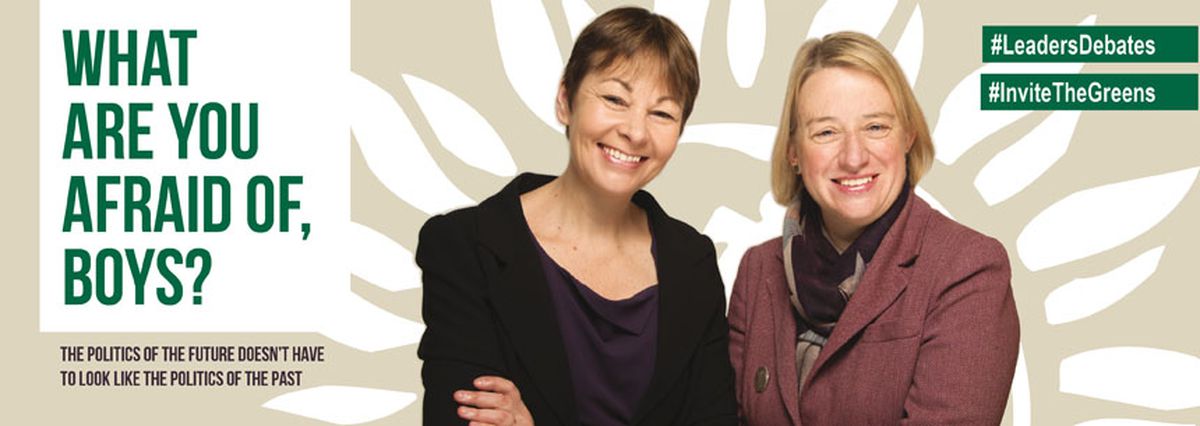
2015: Happy Voting Europe?
Published on
2014 was the year of the turnover of EU institutions. But if Brussels escapes a political reshuffle in 2015, national elections might change the game.
What is good about the European Union is that we never see the end of the election cycle. 2014 was the year of European elections and new heads at the main EU institutions. But national elections do matter in EU politics.
European issues like the euro, the debt and the financial crisis, immigration, climate change etc. are or would be on the menu of national elections debates for the upcoming months. Cafébabel Brussels proposes hence a preview of the elections to watch in the coming months.
Will Southern Europe turn left?
This Sunday (25 January) the far-left party Syriza, after winning 2014 European elections, is likely to win for the first general election of the European continent. Nowadays, Syriza is the second party in Greek politics and is chaired by the charismatic Alexis Tsipras. Syriza’s program focuses on curbing drastic budget cuts and renegotiating the public debt of the country, which represents in 2014 more than 125% of its GDP [i.e. if all the economy will pay the debt at the same, it won't even be enough]. Latest polls indicate Syriza party will not have a majority in the next Parliament and will be forced to team up with other political formations to create a stable government.
Changing winds are also storming in Spain with the new party Podemos ("We can"). This party, which didn't celebrate its first birthday yet (this political formation was established in March 2014), is the third party in the country. Also born against austerity measures and massive unemployment, Podemos will have its first national electoral test this spring with local and regional elections. But the main target is the next general elections for this autumn. Pablo Iglesias, member of the European Parliament since last May (the party won five seats, already an impressive result for this new political formation), is sure of it: they will succeed and win the next elections.
These shifts in Greece and Spain are going to be interesting. Indeed, if these parties arrive first in their respective countries, they might change the balance in Brussels between member States.
Who had bet UK politics would become a multiparty system?
UK entered elections time and we sure know it. Next elections in May will be different than usual. According to polls, this is the first time that both major parties, the Conservatives and Labour, might not reach by themselves 60% of voters. The main cause is the emergence of the United-Kingdom Independence Party, or UKIP, winner of the last European elections and chaired by Nigel Farage. This was the first time in over a century that a national election was not won by a party of the establishment. Right now, polls accredited this "weird" conservative, libertarian, a tad populist and anti-EU party between 10 and 18% of the vote. Quite a change in the Kingdom.
At the left of the political spectrum, time is also changing. The Green Party and the Scottish National Party are in good shape and both would represent, if elections happen today, more or less the same results as UKIP. Preferred by young and first voters, they bet on new progressive ideals and a new devolution reform. The main outcome according to a Guardian survey (20 January) highlighted another novelty; British politics is ready for a coalition.
"The keep that in mind" list?
Polish elections are worth watching. Ewa Kopacz, who replaced Donald Tusk as Prime Minister (he is now the president of the European Council), will face voters for local and general elections this year. Warsaw does matter more and more in the EU political game. Poland escaped the economic gridlock of the Eurozone, and its diplomacy is essential when the EU is dealing with Ukraine or Russia.
Outside the EU, we can mention general elections in Israel in February. The current Prime Minister, Benjamin Netanayhou, is severely criticised both at the international and national stages for a poor economic crises and the tension peaks towards the Palestinian. But he might profit from this situation, since he “likes to be at the centre and the most progressive voice within its coalition, so he will probably team up with very religious and far-right parties”, as I have heard on French radio with my morning coffee.
The general election in 2015 in Switzerland would also affect its relation with the EU. In February 2014, Swiss voters claimed to end free movement agreements with its neighbours and the EU suspended all joint programs like Erasmus.
Last but not least, across the Atlantic, primaries elections for the next US president will storm out the political agenda for both the Democrat and Republican parties. Too soon to tell who will emerge as official candidates, but any legislative work is likely to slow down in Washington. EU leaders like David Cameron hence called for intensive negotiations for the TTIP [Trade agreement between the US and the EU], but reaching an agreement will take years.



